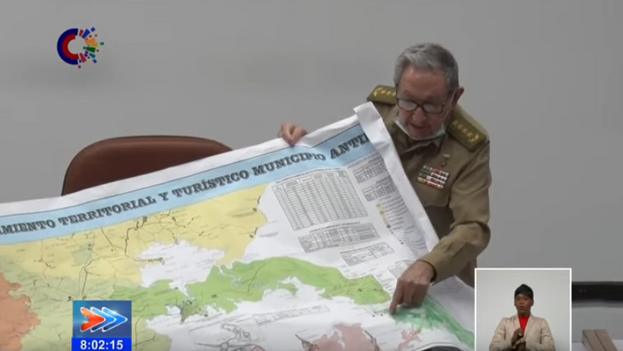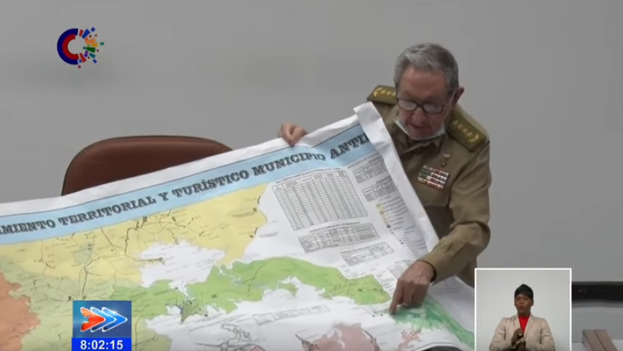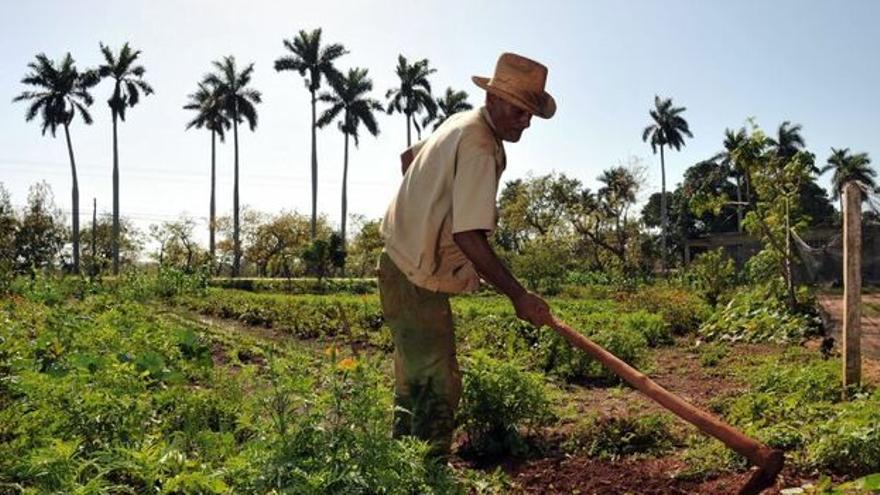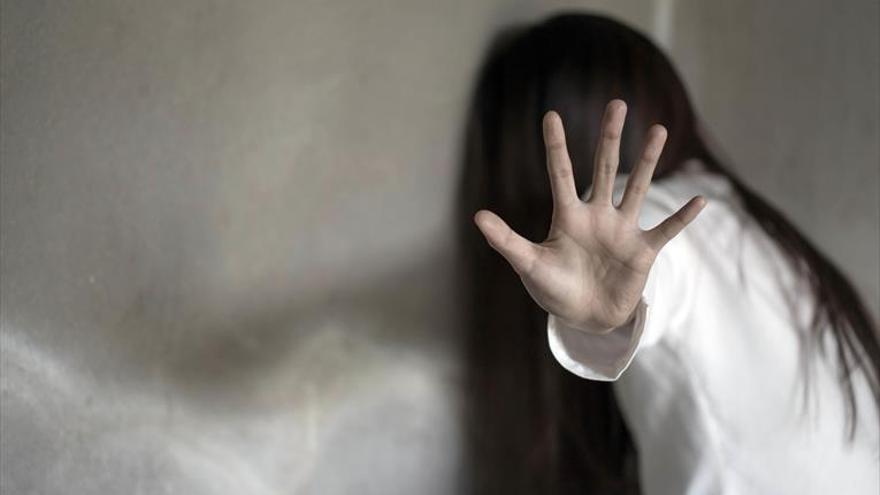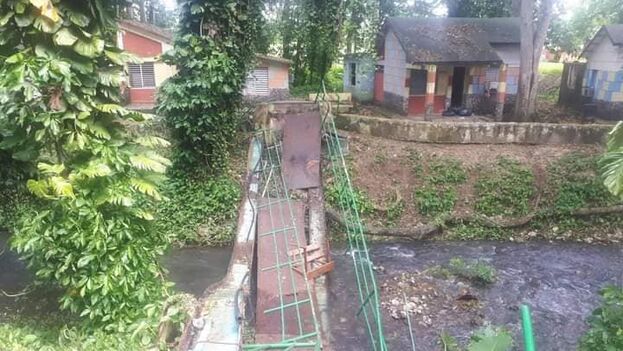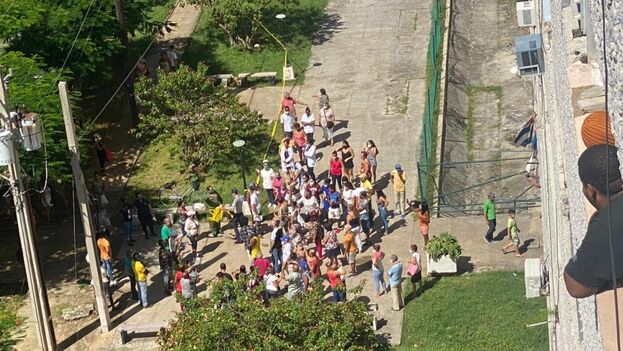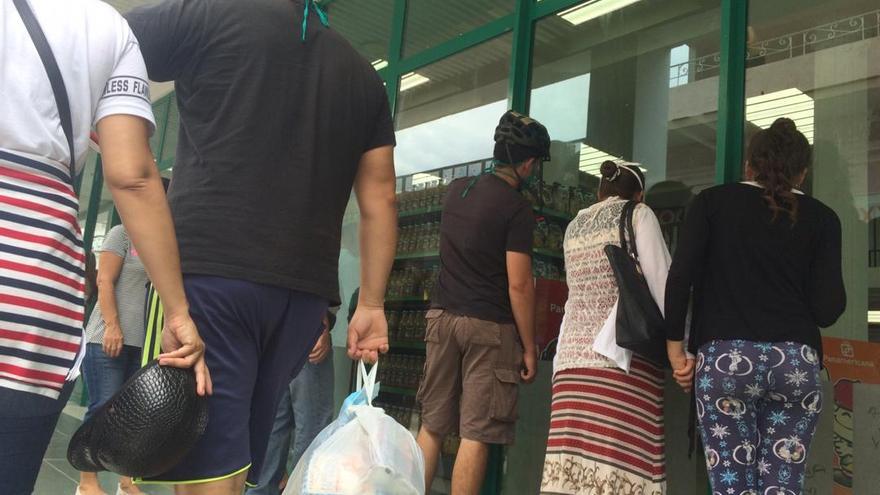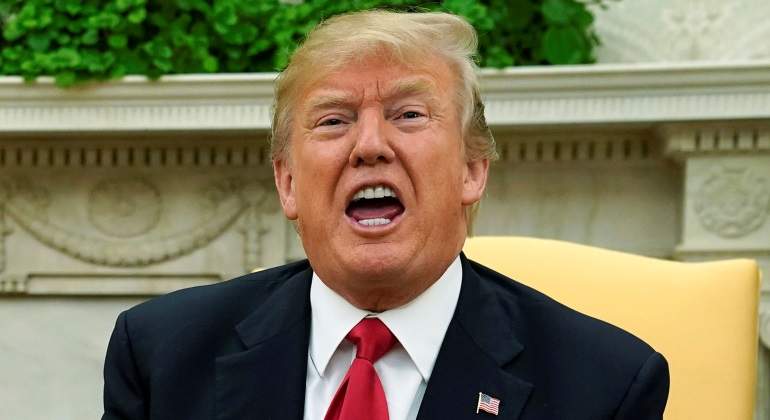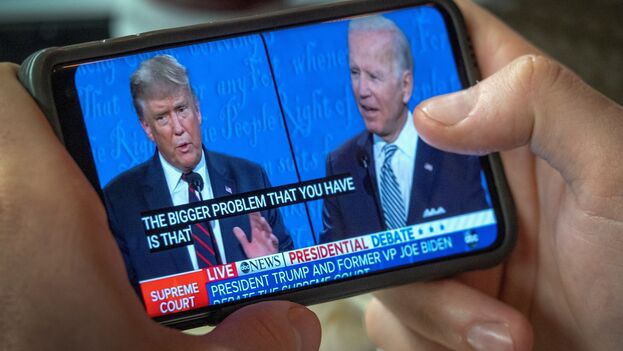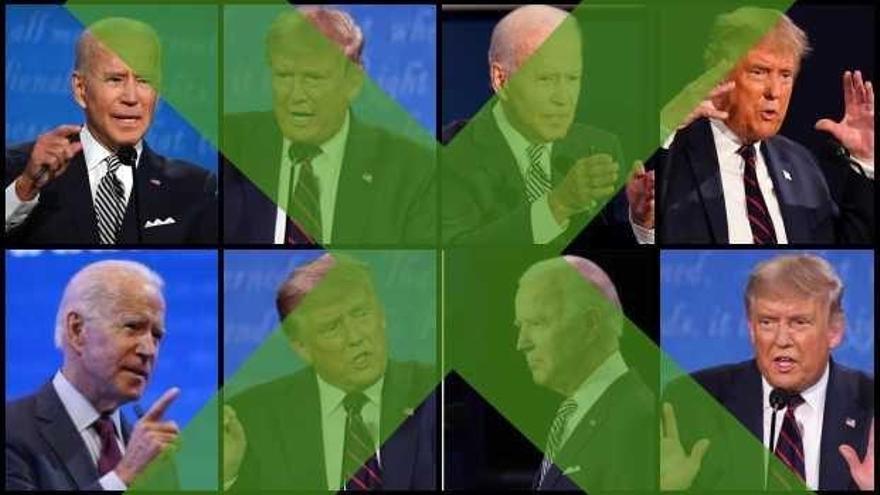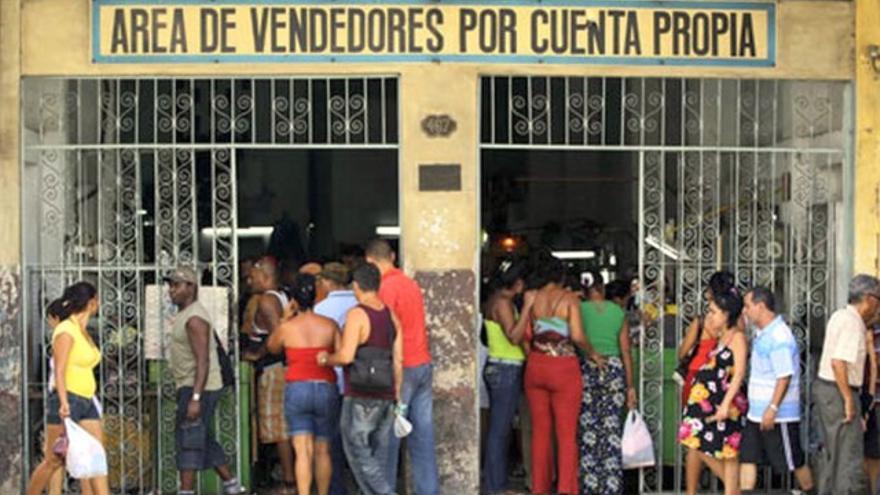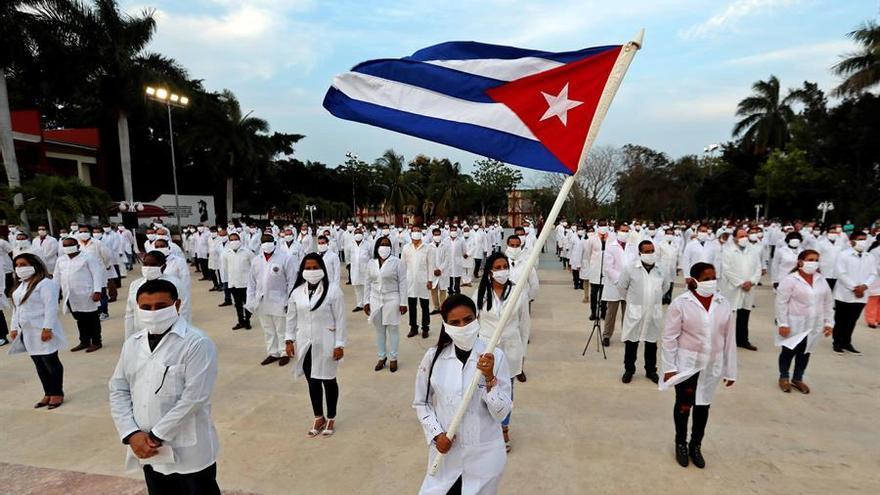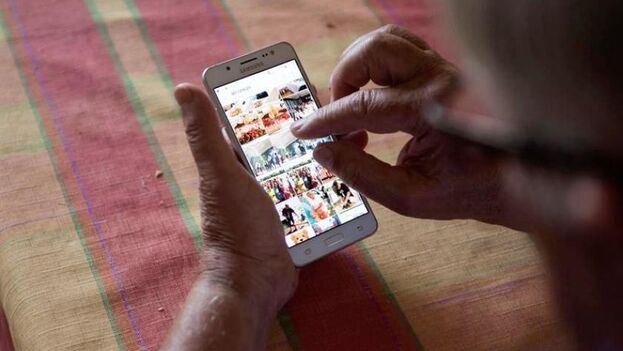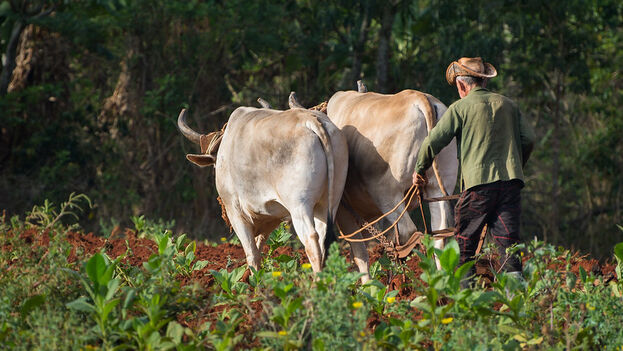
![]() 14ymedio, Elías Amor Bravo, Economist, September 29, 2020 — President Díaz Canel told the Council of Ministers in September that “failure will never be an option for the Revolution.” It’s all well and good for him to think that, even to say it, but when the official communist newspaper says otherwise on a daily basis, it means something is wrong.
14ymedio, Elías Amor Bravo, Economist, September 29, 2020 — President Díaz Canel told the Council of Ministers in September that “failure will never be an option for the Revolution.” It’s all well and good for him to think that, even to say it, but when the official communist newspaper says otherwise on a daily basis, it means something is wrong.
Either Díaz Canel is divorced from reality, which is quite likely, or the editors at Granma want to pull the rug out from under him. Or both. That is the way things are at the moment in Cuba, which is incomprehensibly celebrating sixty years of criminal rule by gangsters, who have made life impossible for decent people and forced many of them to flee the country. How the story ends, no one knows, but certainly not well.
That said, an article in Granma undercuts Díaz Canel’s triumphal tone by once again focusing on the failure of country’s agriculture and livestock producers to feed the Cuban people. As usual, Machado Ventura is driving the bandwagon, reminding farm laborers of “the need to work with the sense of urgency demanded by the current situation facing the country.” Slogan after slogan but still no deliveries of food to state-run stores. When a delivery does arrive, a line of customers makes sure it quickly disappears. continue reading
At this point in the story, telling Cuban farm peasants they have to “to work with greater preparedness, tenacity and intelligence to increase production, improve the contracting, marketing and supply systems, and monitor prices and product delivery” seems to me like a tactless insult.
And, as statistics show, the situation is getting worse all the time. Machado Ventura has told farm industry representatives that “going forward, we will only have those foods that we are able to produce.” This is starting to get really ugly. If the only supplies available to people are what is produced domestically, then we are facing an imminent, unstoppable food crisis whose only solution will be aid from United Nations World Food Program.
Communist leaders such as Machado Ventura are incapable of solving the problems that have destroyed Cuba’s once prosperous agricultural sector. They refuse to face reality and cling to what they call “our socialist project,” which has been disastrous for Cuban farming. Díaz Canel should be taking notes.
Machado Ventura’s solution amounts to “producing more with the few resources we have, which means making use of existing reserves, which are widely available and not insubstantial, and getting rid of the inefficiencies that often arise in certain areas.”
Well, let’s see. What resources is he talking about? The agricultural sector accounted for 17% of total employment in 2019 but, because it is burdened with state-owned livestock farms and land rented to tenant farmers who will never own it, productivity is very low. There are certainly resources but what reserves is he talking about when farmers now have to pay for supplies with hard currency?
Can Machado Ventura point to a tenant farmer who earns money from his land while having to submit to the absurdities of the distribution system? We agree that inefficiency has to be rooted out, but that requires transforming the legal system to guarantee property rights so that guajiros can actually own the land they farm and feel motivated to make it grow and prosper. But the communists are oblivious to this reality.
A food crisis is looming and there is only one option. Imports of grain and poultry from the United States must be purchased with cash. Without hard currency to pay for them, talk of food security — what the communists call “food sovereignty” — is just a lot of hot air. And worst of all, no one is making plans to deal with what is coming.
Farms are plagued by low productivity and the dictates of local communist councils. They lack fuel, raw materials, tools, supplies and fertilizer. Farmland is limited, with most of it under the control of the state. Tenant farmers do what they can with the land they lease but they can only do so much. Meanwhile, Machado Ventura continues with his harangues.
The communists are trying to fix the situation by offering guidance to farmers, who know much more than they do about the land, how to make it productive and how to use organic substitutes for hard-to-find fertilizers, herbicides and pesticides.
They also know more about rotating crops, making better use of irrigation systems and tapping the entire supply of idle land, including land belonging to shuttered sugar cane refineries, for food production. It is hard to believe that these steps have not have already been taken but land leasing is what it is. It can only do so much.
Cuban farming veers between the impossible and the failure to meet expectations. Idle fields could be made productive if private land ownership was legally possible. Involving local municipalities in this issue is of no use. It is more important to Machado Ventura to “defend the revolution from the furrows” in hopes of providing “the five kilograms of protein a family requires.”
If, of course, that were how things worked. Providing protein without attending to consumer needs — so varied, so different, so complex — along with the collective farm system of the last century, explain the failure of the agricultural and livestock sectors. The latter’s serious failure in particular to meet its targets, both in terms of meat and dairy production, are well-known. Though the problems are by nature quite varied, the problem lies, once again, with the laws governing the sector.
What is Machado Ventura thinking of doing at this point to fix the failures of the agricultural sector? The answer is a slogan to be used by local municipal production and self-sufficiency councils. It involves creating “a broad mass movement of people working in agriculture to sow, clean and cultivate, among other things.” Is this déja vu? Are they once again going to send people out to work in the fields? If so, who, when and how?
A bad idea. It represents a return to the old way of doing things, like the sad days of the 1960s when a Cuban who wanted to leave the country had to first do forced labor in the fields or work as a guard on weekends. Sometimes his children had to do the same as part of the disastrous “school in the countryside” program.
Do Cuba’s officials never get tired of the same old thing? Is it that they have no new ideas? Do they never give any thought to progress or true well-being? Given Machado Ventura’s expressed concern about food shortages in Havana, it is very likely that communist pressure will be brought to bear on the agricultural sector in nearby provinces. But will it be enough?
The failure of the Revolution is all too obvious. Walking around the country like Machado Ventura, counting the acreage to be planted next season and replacing imported raw materials with domestically produced ones are indications of just how totally out of control things have become, and how incapable the Cuban agriculture and livestock sectors are of providing a solution to the nation’s food needs.
“Squeezing juice from the field,” as the veteran communist leader says, will not be achieved under the current communist system. Though the obstacles are great, the problem lies more in ideology and mindset than in reality. The time has come to do something, and the sooner the better.
____________
COLLABORATE WITH OUR WORK: The 14ymedio team is committed to practicing serious journalism that reflects Cuba’s reality in all its depth. Thank you for joining us on this long journey. We invite you to continue supporting us by becoming a member of 14ymedio now. Together we can continue transforming journalism in Cuba.

